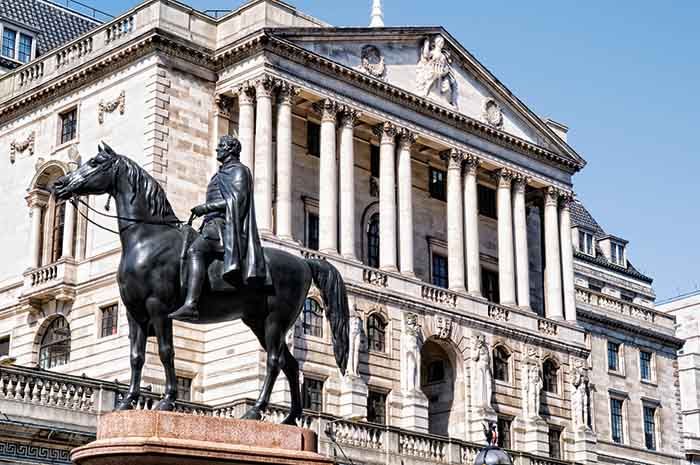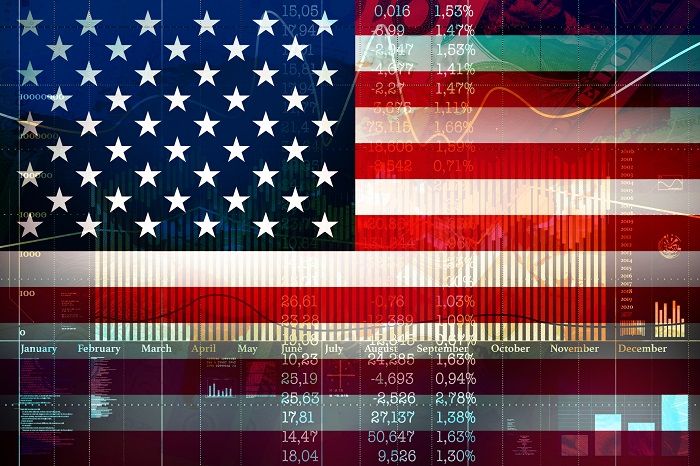Italy
What do Italian fund buyers think of all the major asset classes?

What do Italian fund buyers think of all the major asset classes?

What do Luxembourger fund buyers think of all the major asset classes?

What do Finnish fund buyers think of all the major asset classes?

What do Swiss fund buyers think of all the major asset classes?

What do Danish fund buyers think of all the major asset classes?

During almost a decade of experimental monetary policy from central banks, inflation has been notable by its absence across most economies. With monetary policy beginning to diverge and unemployment falling, will it rear its head again or has it peaked?

Could Mifid II be responsible pushing markets into a downward spiral? Perhaps not, but a rule requiring managers to report any 10% fall in a portfolio to clients will do little to discourage the buy high/sell low mentality of the man on the street.

After a decade of ultra-low interest rates and loose monetary policy, the consensus is that central banks around the world will continue to tighten their belts in 2018, so how best to tackle the shift?

After months of talking and planning, Mifid II is finally here, but is the asset management industry ready for the bombshell to land?

[visualizer id=”6473″] [visualizer id=”6478″] [visualizer id=”6485″] [visualizer id=”6484″]

In an environment of protracted Brexit negotiations, continued political uncertainty and weaker economic growth, investors generally lost faith in UK equities in 2017 with many migrating to global and absolute return funds.

Despite a strong year for US stock markets in 2017, a strengthening pound has taken some of the gloss from returns for UK-based investors.